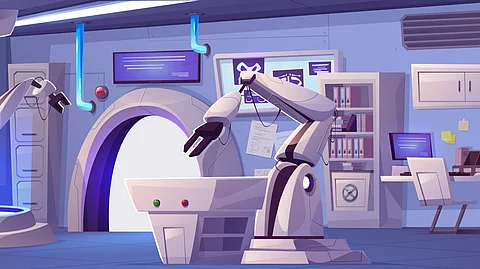Robotic surgery, typically reserved for elite private hospitals, comes with a steep price tag, ranging from ₹1.5 lakh to ₹3.5 lakh per procedure, with some complex cases costing up to ₹5 lakh. For many low- and middle-income patients, these costs are prohibitive, limiting access to advanced treatments. J J Hospital’s initiative eliminates this financial barrier, delivering these sophisticated procedures at no cost. This program not only addresses healthcare disparities but also demonstrates the potential for government hospitals to adopt state-of-the-art technology to serve the masses.
The initiative aligns with India’s growing emphasis on improving public healthcare infrastructure. By offering robotic surgeries free of charge, JJ Hospital ensures that patients from diverse socioeconomic backgrounds, including rural areas, can benefit from minimally invasive techniques that reduce complications and accelerate recovery.


